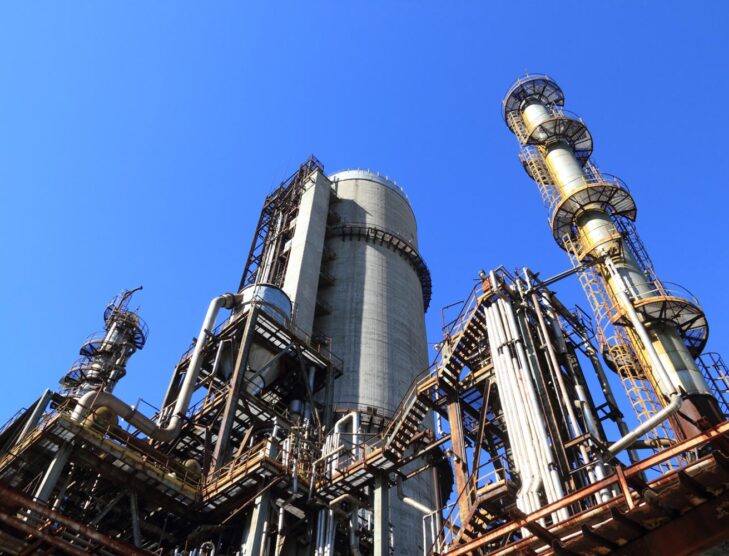
ExxonMobil signs exclusive offtake deal for renewable diesel
ExxonMobil says it will be the exclusive buyer of renewable diesel to be produced at the Bakersfield, California, U.S.A. biorefinery owned by Global Clean Energy Holdings, Inc. (GCEH). The former Alon Bakersfield Refinery, which has been re-purposed into a biorefinery, will start producing renewable diesel early next year.
Global Clean Energy Holdings, Inc. purchased the oil refinery from Alon Bakersfield Properties, Inc., a subsidiary of Delek US Holdings, Inc. and the owner of the Alon Bakersfield Refinery for a total consideration of USD40 million on May 7, 2020.
Historically, the oil refinery produced diesel from crude oil. Global Clean Energy Holdings retooled the refinery to produce renewable diesel from organic feedstocks such as vegetable oils. The facility will vertically integrate to produce renewable diesel from various feedstocks, including GCEH’s patented proprietary fallow land crop varieties of camelina. Traditionally, grown in rotation with wheat, camelina is cultivated as an alternative to fallow so as not to displace or compete with food crops.
ExxonMobil announced yesterday that it has expanded their five-year agreement with Global Clean Energy Holdings to increase ExxonMobil’s purchase of renewable diesel up to 5 million barrels per year. The original agreement signed in August 2020 committed ExxonMobil to purchase 2.5 million barrels of renewable diesel per year.
Following production startup, ExxonMobil plans to distribute the renewable diesel within California and potentially to other U.S. and international markets.
“Our expanded agreement with Global Clean Energy reinforces ExxonMobil’s longstanding efforts to support society’s ambitions for lower-emission fuels,” said Ian Carr, president of ExxonMobil Fuels and Lubricants Company. “Through our growing relationship, we remain focused on bringing renewable fuels to market that make meaningful contributions to help consumers reduce their emissions.”
Based on an analysis of California Air Resources Board data, renewable diesel from various non-petroleum feedstocks can provide life-cycle greenhouse gas emissions reductions of approximately 40% to 80% compared to petroleum-based diesel. When cultivated as a cover crop on rotational dryland, camelina can help meet the growing global demand for lower-carbon non-petroleum feedstocks.
“Our work at the Bakersfield biorefinery is a perfect example of what can be accomplished when an industry leader like ExxonMobil supports a growing renewables company like Global Clean Energy with long-term contracts,” said Richard Palmer, CEO of Global Clean Energy Holdings. “By working together across traditional agricultural, energy and supply chain lines, we are showing how ag and energy, big and small, can collaborate to bring lower-carbon fuels to market.”
The Bakersfield biorefinery will process up to 15,000 barrels per day of renewable feedstocks, including Global Clean Energy’s proprietary camelina. The balance of renewable diesel will be produced using various non-petroleum feedstocks, including used cooking oil, soybean oil, distillers’ corn oil and other renewable sources.
echo '








